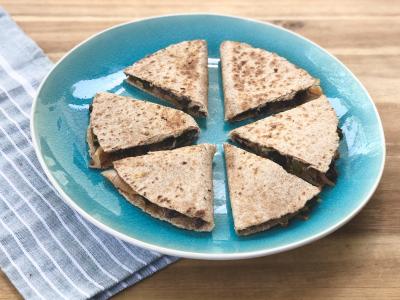19% of Flours at Supermarkets in Sydney are Whole Grain
Many dietary guidelines recommend that people make at least half their grains whole, yet little has been published on the availability of whole grain options at supermarkets. In a February 2020 audit of the flour aisle at four major supermarkets in metropolitan Sydney, researchers identified 130 different flour products. Of those, only 19% were whole grain flour. The majority of products were refined wheat flour. Not surprisingly, the whole grain flours contained significantly more fiber and protein.
Nutrients. 2020 Jul 10;12(7):2058. doi: 10.3390/nu12072058. (Hughes J et al.)







